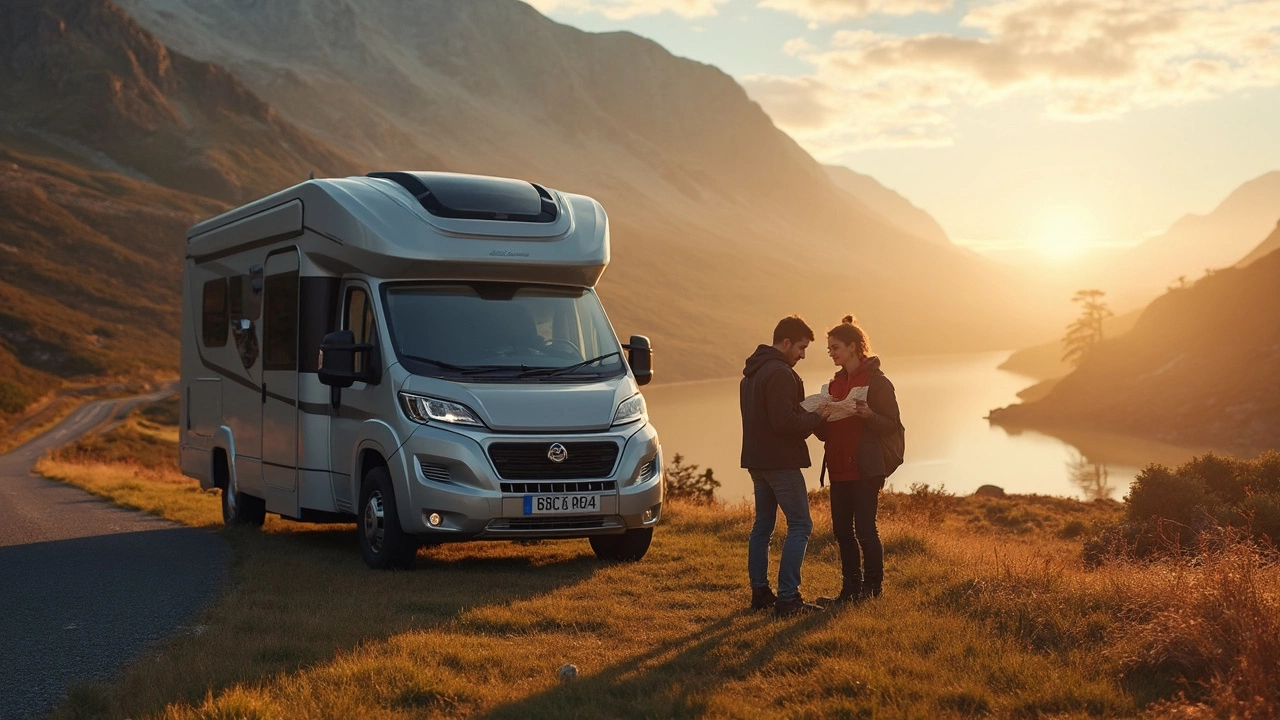Campervan Investment: Turn Your Van into a Smart Money Move
If you love the open road, a campervan can feel like a ticket to freedom. But the real question is: can it also be a solid investment? The answer is yes – if you know where to spend, when to hold, and how to protect your asset.
First off, think about why you’re getting a campervan. Are you planning regular trips, or is it a one‑off adventure? Your answer will shape the whole financial plan. A vehicle you’ll use often can spread depreciation over many miles, while an occasional user might end up paying for a van that sits idle and loses value faster.
Buy or Hire: Which Costs Less?
Most people start by comparing the upfront price of buying with the day‑by‑day cost of hiring. Buying looks pricey – a new motorhome can run £30,000‑£70,000 – but the money is yours once the loan is paid off. Hiring, on the other hand, lets you avoid maintenance, insurance, and depreciation, but you’ll pay a higher rate per night.
Do the math: If you hire a campervan for £120 a week and you plan three trips a year (about nine weeks total), that’s £1,080 annually. Over five years, you’ve spent just over £5,000. If you buy a £35,000 van, finance it over five years at 6% interest, your payments sit around £680 a month, or £8,160 a year. The break‑even point comes when your mileage and usage generate enough value – think of saved hotel nights, meals, and the joy of spontaneous travel.
For most casual travellers, hiring stays cheaper until you hit around 20‑25 trips a year. That’s a lot of weekend getaways, so if your schedule fits, hiring is the safer bet. If you’re budgeting for a full‑time lifestyle, buying can make sense, especially if you pick a model that holds resale value well.
Tips to Protect and Boost Your Van’s Value
Whatever route you take, protecting your investment is key. Here are practical steps you can follow:
- Regular Service: Stick to the manufacturer’s service schedule. A well‑maintained engine and fresh fluids keep the van running smoothly and reassure future buyers.
- Keep Records: Store receipts, service logs, and any upgrades. When it’s time to sell, a complete paper trail can add a few thousand pounds to your asking price.
- Mind the Interior: Use washable covers, avoid eating strong‑smelling foods, and clean spills right away. A clean interior feels like a fresh start to any buyer.
- Upgrade Wisely: Small additions like solar panels, a better fridge, or a modern infotainment system are popular and usually pay off when you resale.
- Store Safely: If you can, keep the van in a covered space during the off‑season. Sun, rain, and snow can cause rust and fade paint, costing you later.
Don’t forget insurance. Look for policies that cover both personal use and rental (if you decide to rent your van out). Some insurers also offer “no‑claims bonus” protection, which can lower costs over time.
Finally, think about resale timing. The market peaks in spring and early summer when families plan holidays. Listing your van at the right time can fetch a higher price and reduce the time it sits on the lot.
Bottom line: a campervan can be a savvy investment if you match the purchase method to your travel habits, stay on top of maintenance, and plan a smart exit strategy. Treat it like any other asset – keep it clean, service it regularly, and watch the market for the best selling window. With those steps, your road‑trip dreams stay alive and your wallet stays happy.
Is a Class B RV Worth the Money?
Class B RVs are gaining popularity as a compact and versatile travel option, but are they worth the investment? This article dives into the practicality, costs, and benefits of owning or renting a Class B RV. From understanding its features to evaluating your travel needs, get a comprehensive view to make an informed decision. Whether you're a weekend adventurer or a full-time traveler, explore if this convenient motorhome aligns with your lifestyle. Discover insider tips and facts that could influence your journey on the road.
